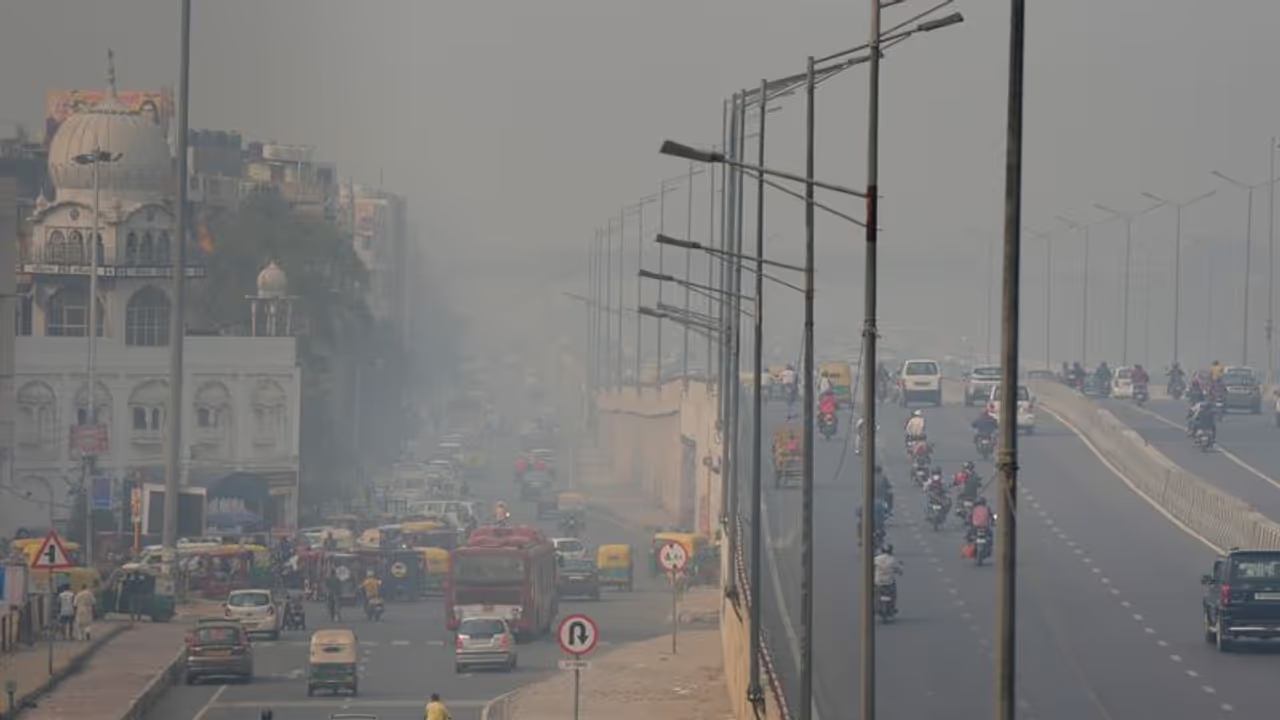Delhi's air quality remained in the 'very poor' category with an overall AQI of 396 amid raging farm fires in Punjab. An AQI of above 400 is considered 'severe' and can affect healthy people and seriously impact those with existing illnesses.
A day after neighbouring Punjab reported the greatest number of agricultural fire incidences this season, Delhi's air quality remained in the "very poor" category with an overall AQI of 396. AQI is now at 410 at Dhirpur, 389 at IGI Airport (T3), 468 at Delhi University, 469 in Noida, and 393 in Gurugram, according to SAFAR data.

On Wednesday, Noida got an AQI of 428. Delhi exhibited no improvement and has stayed in the "very poor" category for the past three to four days after falling into the "severe" category on Saturday. An AQI of 400 or more is regarded as "severe," and it can have an adverse effect on both healthy persons and people who already have medical conditions.
Also Read | Election Commission likely to announce Gujarat assembly poll dates today
Due to Wednesday's favourable transport-level wind speed, the percentage of stubble burning in Delhi's PM2.5 pollution jumped to 32%, according to forecasting agency SAFAR. Farm fire smoke is transported to the national capital region by transport-level winds, which blow in the troposphere and stratosphere, the lowest two layers of the atmosphere.
Due to the effects of stubble burning, the air quality is projected to return to the severe category on Friday. SAFAR stated that the situation is expected to improve on Saturday as a result of the strong surface-level wind speed.
Also Read | Work from home, opt for car pools and more: Delhi govt suggests tips for clean air
The Commission for Air Quality Management had instructed authorities to impose a ban on construction and demolition activities in Delhi-NCR, with the exception of necessary projects, and other curbs under the third stage of the Graded Response Action Plan, or GRAP, on Saturday because pollution levels were still in the "very poor" category.
The GRAP is a collection of anti-air pollution measures that are applied in the nation's capital and its surrounding areas based on the severity of the problem. It was first put into place in 2017.
